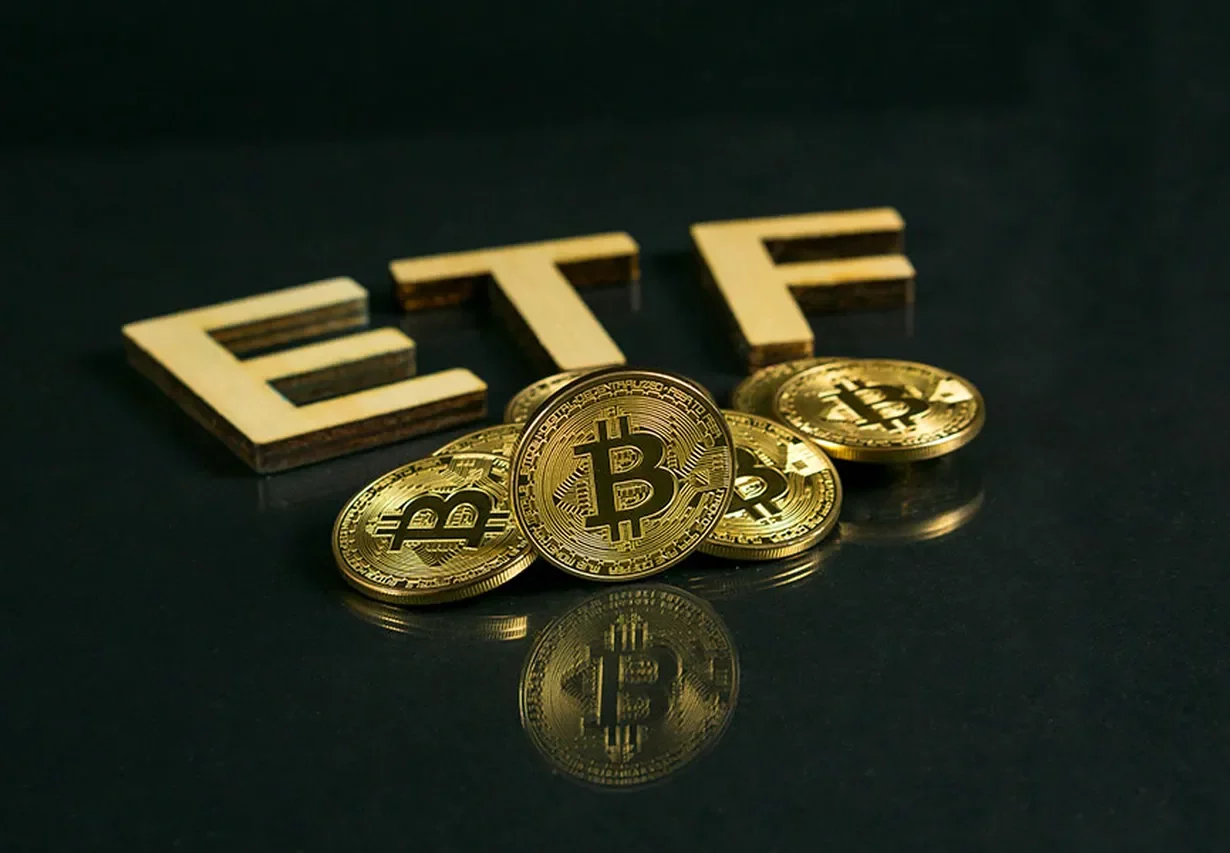Evolution of Exchange-Traded Funds
Exchange-Traded Funds (ETFs) have grown rapidly due to benefits like diversification and liquidity. They provide access to a wide range of assets and are tradable throughout the day.| ETFs vs Stocks | ETFs | Stocks |
|---|---|---|
| Liquidity | High | Varies |
| Diversification | Yes | No |
| Fees | Lower | Higher |
| Global vs Sector ETFs | Global | Sector |
|---|---|---|
| Exposure | Diverse | Specialized |
| Risk | Lower | Higher |
Rise of Bitcoin ETFs
Bitcoin exchange-traded funds (ETFs) offer exposure to Bitcoin without direct ownership. They track the digital asset’s price and are traded on stock exchanges. Approval can lead to a surge in institutional investment.| Key Points | Bitcoin ETFs |
|---|---|
| Advantages | Diversification, liquid markets |
| Challenges | Regulatory hurdles, market volatility |
Implications for Investors
- Bitcoin ETFs offer diversification and easy access to Bitcoin.
- Investors can track the asset’s price without owning Bitcoin.
- Regulatory approval can boost institutional investment.
| Pros | Cons |
|---|---|
| Diversification | Regulatory hurdles |
| Easy access | Market volatility |
| Institutional interest |
Robinhood’s Disruptive Influence
Robinhood’s user-friendly platform revolutionized retail trading. With commission-free trades and a mobile-first approach, it challenged traditional brokerages. The app’s impact on democratizing investing is evident in its 18 million+ users.- Commission-Free Trades
- Mobile-First Approach
- Democratizing Investing
The Future of Investing
- Bitcoin ETFs offer exposure to digital assets through traditional investment vehicles.
- They provide diversification benefits and liquidity for investors interested in cryptocurrencies.
- Regulatory approval remains a key hurdle for widespread adoption.
| Bitcoin ETFs vs. Traditional ETFs | Real Value |
|---|---|
| Diversification opportunities | 24% |
| Liquidity | $50 billion |




Leave a Reply